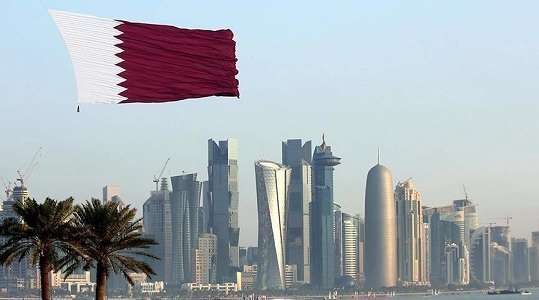The Arab Monetary Fund expected that economic growth in Qatar would grow broadly, driven by oil and non-oil activity, expecting continued improvement in economic performance in the medium term by supporting economic policies and policy space conducive to growth and employment, according to the report "Arab Economic Outlook" issued by the Arab Monetary Fund.
The Fund expected that increased spending on infrastructure projects within the framework of implementing the Qatar National Vision 2030 will support growth, as the vision includes a strategy to support economic diversification to achieve sustainable long-term growth based on a diversified economy.
According to the Arab Monetary Fund, the oil and gas sector is likely to grow in light of the planned expansion of energy production over the next few years, which will have a stimulating effect on the non-oil sector.
The report showed that the various reforms in the legislative environment, including the issuance of the new foreign direct investment law that allows foreigners full ownership of projects, as well as the creation of an "investment promotion agency" to coordinate investment promotion and marketing activities with major stakeholders will provide an overall environment conducive to attracting foreign capitals and pushing forward the economic development and growth in the short and medium-term.
On the other hand, Qatar's announcement of a set of reforms in the labor market to improve working conditions and the application of the minimum wage will contribute to creating more job opportunities.
In terms of employment conditions, the above-mentioned report showed that according to the workforce survey by the Planning and Statistics Authority, the economic participation rate of the population (15 years and over) was 87.9% in the second quarter of 2019, so that the unemployment rate would remain at 0.1% during the period from the second quarter of 2018 until the second quarter of 2019.
Source (Al-Raya Newspaper-Qatar, Edited)

